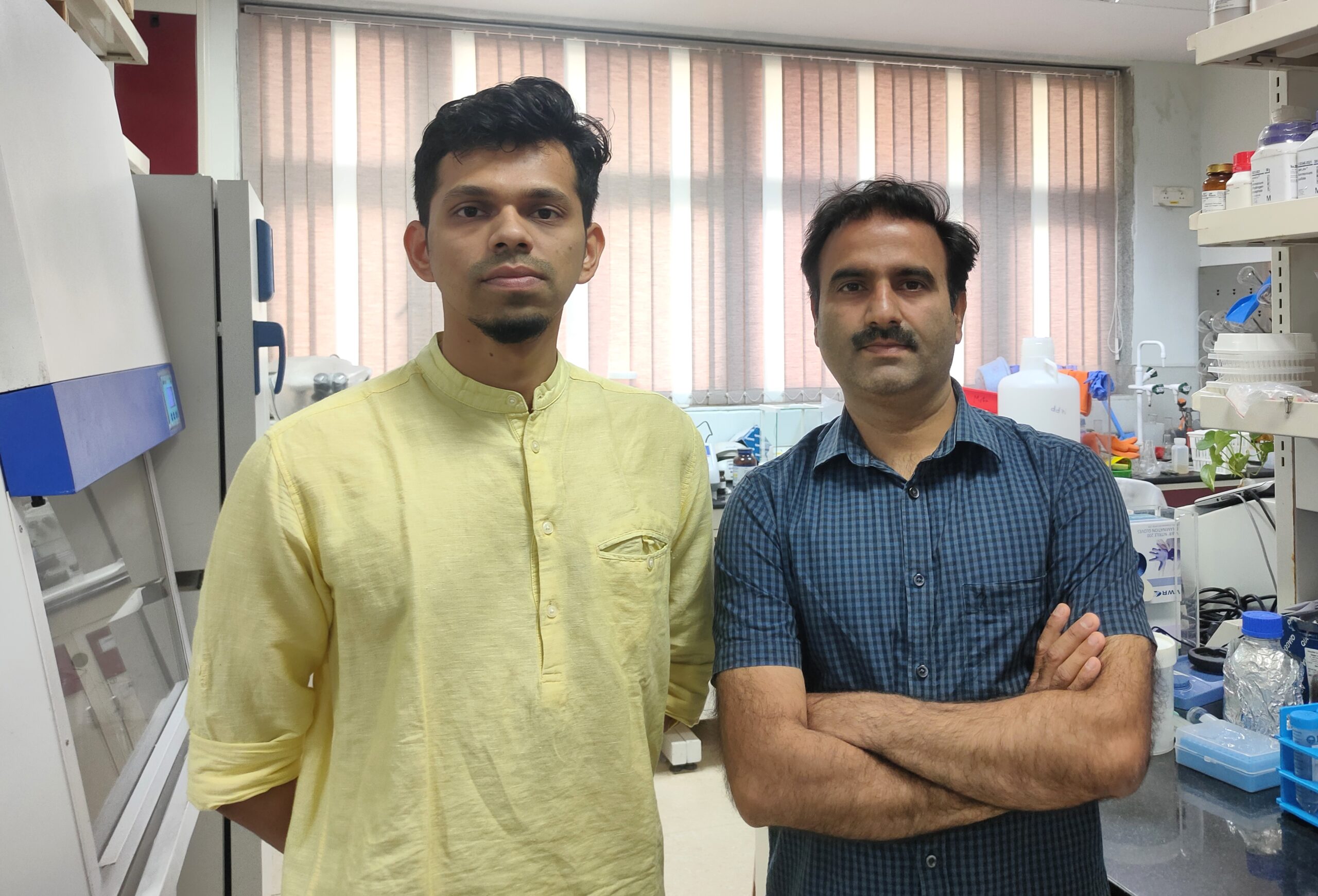GutBug enhances the understanding of various metabolite-gut bacterial interactions and their resultant effects on human host health
 KRC TIMES National Bureau
KRC TIMES National Bureau

Bhopal : Indian Institute of Science Education and Research Bhopal researchers have developed an Artificial Intelligence (AI) based method to predict how the bacteria in the gut break down the various types of food and medication. This web-based tool provides information about the specific bacterial enzymes, reactions, and bacteria involved in the process of digestion and absorption of nutrients by the human gut.
The findings of this research have recently been published in the Journal of Molecular Biology. The paper has been co-authored by Dr Vineet Sharma, Associate Professor, Department of Biological Sciences, IISER Bhopal, and his research scholars Mr Aditya Malwe and Mr Gopal Srivastava. GutBug is available to use at https://metabiosys.iiserb.ac.in/gutbug.
The collection of good bacteria in the gut is called the gut microbiome plays a crucial role in the body processes of anything a human consumes orally. The number of microbes living in the gastrointestinal tract is greater than the number of human cells in the body. The human gut microbiome is made of over a thousand different species of bacteria, which have more than 3.3 million unique genes.
These bacteria secrete enzymes to process what a human eats and provide the body with various metabolites that are essential for health and body functions. However, studying the complex host-microbial relationships is a challenge because of the vastness of the microbiome and the fact that the collection of bacteria varies among individuals.
IISER Bhopal team has created an AI-based tool called “GutBug” that can potentially predict all possible bacterial enzymes that act on bioactive dietary molecules as well as oral drugs.
Explaining the technicalities of the research, Dr. Vineet K. Sharma, IISER Bhopal, said, “GutBug uses a combination of machine learning, neural networks, and chemoinformatic methods. We used a curated database of 363,872 enzymes from ~700 human gut bacterial strains and a substrate database consisting of 3,457 enzymes to train the AI model.”
Further, Dr. Vineet Sharma said, “GutBug can help us better understand how the food we eat or medicines we consume orally are processed by our gut bacteria and how this affects our health. Such understanding can be useful in designing diets, developing new prebiotics, creating nutraceutical products, and improving drug design depending on the nature of the gut bacteria each individual has, leading to personalized medicine.”
The uniqueness of this study was the use of the largest enzyme substrate database to train the model. The database contained information on the gut bacterial species from eight populations to understand how drug and food metabolism varies across populations due to gut bacteria activity.
GutBug was able to identify the specific enzymes involved in the breakdown of various molecules and the bacterial strains that carry them. The tool was tested with 27 different molecules, including complex carbohydrates, flavonoids, and drugs, and was shown to be highly accurate, with success rates ranging from 0.78 to 0.97.



